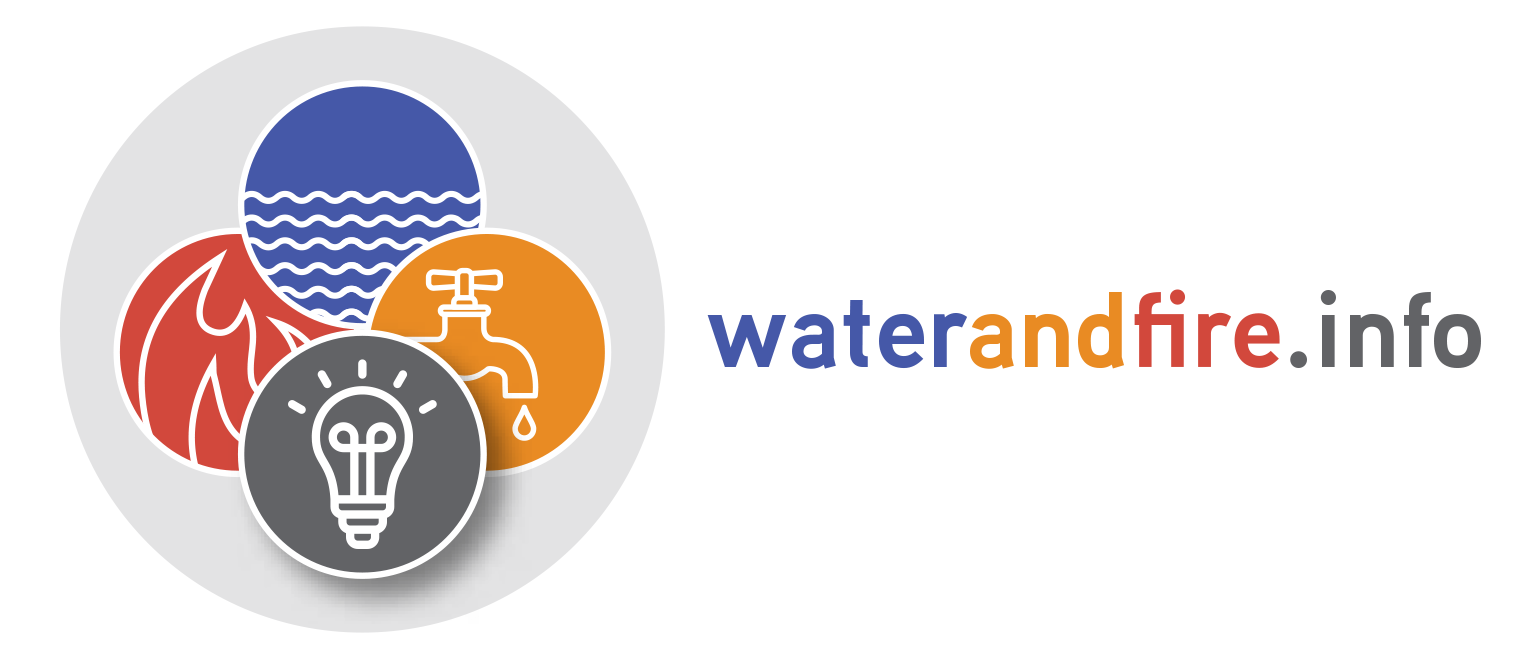Clevin and Soeraya’s stories of water shortages
‘After the honeymoon is over, now we have a big fight again.’ Clevin and Soeraya have been Delft residents since the 1990s when it was established as a new housing settlement in Cape Town and are deeply integrated community members, with both having significant roles in the settlements’ community safety programmes and neighbourhood watch. The year of 2018 was calamitous for Delft and its growing population of >150,000 residents, as a water shortage event internationally referred to as “Day Zero” emerged as a new and potentially cataclysmic climate-change related challenge. In response, local government authorities - allegedly without notice - cut Delft household water usage to 350L per day. Considering that the average South African uses 237L of water daily, this imposed an enormous burden upon the day to day lives of residents of the township, where households commonly accommodate eight people or more. As Cape Town’s water crisis unfolded, Soeraya remembers considering projections of day zero as a ‘government gimmick,’ despite finding herself queuing over two hours before shops opened, hoping that they had additional water to sell to those Delft residents able to afford it. By the time these projections turned to warnings, Soeraya had already suffered three ‘day-zeroes’ of her own, courtesy of a faulty water meter and a torturously unresponsive municipality. Further impediments to reliable residential water supplies include vandalism, theft and poor maintenance of pipes, water meters and drainage systems- which compound climate-related shortages from lack of rainfall and increasing temperatures. Through immense collective efforts (and fortuitously timed seasonal rain), day zero was narrowly averted in Cape Town. In Delft, Clevin suggests that communication, education and accountability within the community were important contributory factors. However, presently, he suggests that there is a prevailing feeling that day zero is now yesterday’s problem. The intense day to day hardship of township life makes it difficult, a privilege even, to fear for the future when the difficulties of the present are so all-encompassing. Since 2018, residents report that local capabilities to manage the impacts of water-shortage have declined. This is bleakly apparent in newly emerged informal settlements including the aptly named “Sanitizer”, where Marieta, and seven hundred others, live. Here, queuing for a single communal tap is the only access to potable water, creating extensive waits, sometimes long after dark, leaving residents vulnerable to crime. It is this criminality, alongside vandalism and informality that further reduces municipal incentives for developing the area and investing in basic health and hygiene provisions – feeding a vicious cycle of development challenges. Considering the climate change projections for a drier Cape Town, the trajectory of water security for the city and its economically marginalised communities such as Delft is deeply concerning. In the face of this emerging critical development challenge, the Water and Fire project seeks to combine democratic engagement with township residents familiar with this context, and technical expertise to best find ways of pursuing a more positive future for such settlements.
